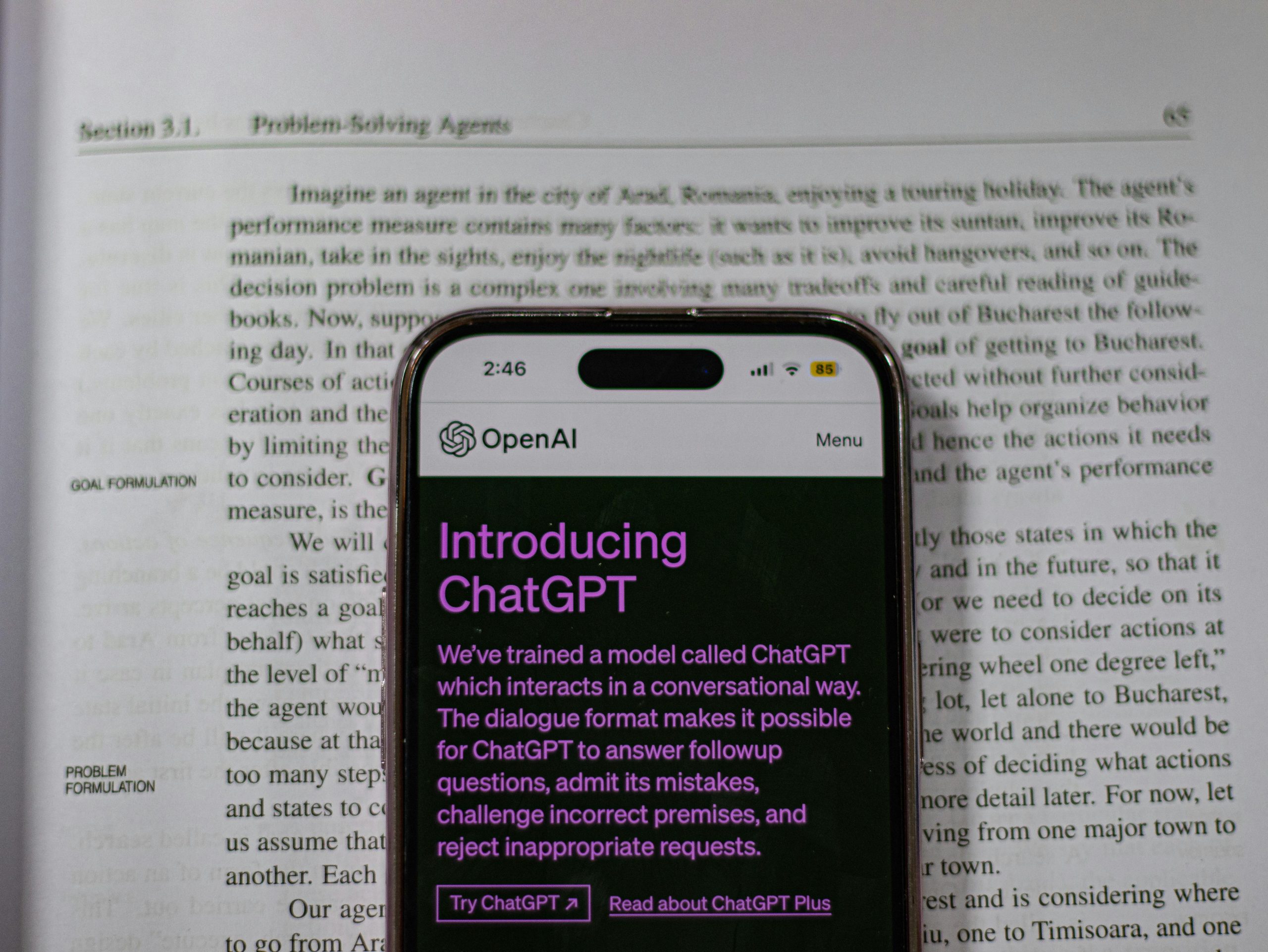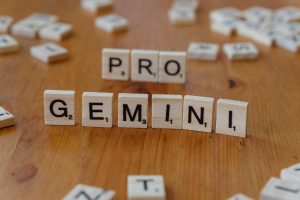I don’t think AI is going to make disinformation worse.
Will AI Really Worsen the Disinformation Crisis? A Closer Look
As artificial intelligence continues to evolve and integrate into our digital landscape, a common concern emerges: Will AI exacerbate the spread of disinformation? Many fear that, with AI’s ability to generate vast amounts of content rapidly, the digital space could become even more flooded with misinformation and “junk” data. However, upon closer examination, this assumption might not entirely hold.
Analyzing the Disinformation Flux
It’s true that AI-generated content adds to the overall volume of material circulating online. If we consider social media as a whole, there’s an observable increase in low-quality or AI-produced posts. Naturally, this leads to questions about whether disinformation will spike correspondingly.
However, the human consumption of media offers a different perspective. For instance, if someone spends time scrolling through TikTok or another short-form video platform, they typically view around 100-150 videos per session. Inject AI-generated content into this mix, and the number of videos remains roughly the same — our habits don’t necessarily change.
Furthermore, there’s already an overwhelming amount of disinformation produced by humans over the years. From fake news to manipulated images, the scale at which misinformation exists is staggering. Adding more AI-generated disinformation to this “mountain” doesn’t necessarily elevate the amount of false content that catches a typical consumer’s eye. Our attention span and content pathways are limited, so the relative exposure remains fairly consistent.
Content Formats and Disinformation
Much of the disinformation isn’t just in the content itself but in how it’s presented. Subtly edited clips, sensational titles, and curated narratives can be more persuasive than outright falsehoods. For example, a heavily edited video of a politician saying something they never said, combined with popular figures’ commentary, can seem convincing without directly lying. These formats are effective at spreading disinformation without raising red flags — and AI can generate or manipulate content in similar ways.
Will AI Generate More Dangerous Misinformation?
The primary concern is the creation of doctored images or videos depicting public figures or celebrities saying things they never did. While this is a valid issue, my view is that the scale of existing disinformation is already so vast that the incremental addition of AI-manipulated media won’t drastically shift the overall landscape. People tend to consume media that aligns with their interests and existing beliefs, regardless of whether it’s AI-generated or human-produced.
**Conclusion: Is AI the Dis














Post Comment